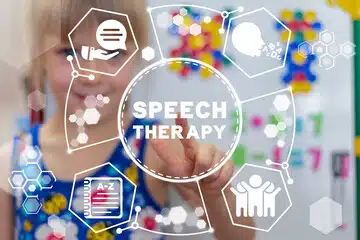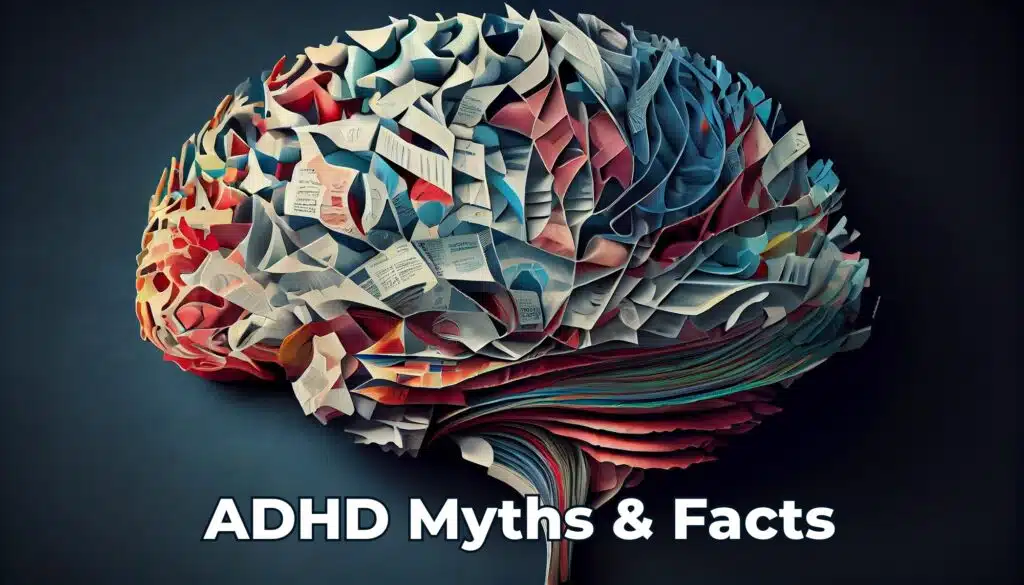Autism Spectrum Disorder (ASD) is a complex neurodevelopmental disorder that affects a child’s ability to communicate, socialise and interact with others. While the exact cause of autism is still unknown, research has shown that genetics plays a significant role in the development of ASD.
As a parent, it’s important to understand the role genetics can play in autism and how it can impact your child’s diagnosis and treatment. In this article, we’ll explore the genetics of autism and provide some helpful tips for parents.
The genetics of autism: What you need to know
Autism is a highly heritable disorder, which means that it tends to run in families. According to an article from Mayo Clinic, several different genes appear to be involved in autism spectrum disorder. Some genetic mutations seem to be inherited, while others occur spontaneously. Autism is believed to be caused by a complex interplay of multiple genetic and environmental factors.
Genetic risk factors for autism
There are several genetic risk factors that can increase a child’s likelihood of developing autism. These include:
- Family history: If there is a history of autism or other developmental disorders in your family, your child may be at an increased risk of developing ASD.
- Genetic mutations: Researchers have identified several genetic mutations associated with autism, including mutations in the SHANK3, NLGN4, and NRXN1 genes.
- Copy number variations (CNVs): CNVs are deletions or duplications of genetic material that can increase the risk of developing autism. Studies have shown that children with autism are more likely to have CNVs than children without the disorder.
- Advanced parental age: Children born to older parents may be at an increased risk of developing autism. The risk appears to be higher for fathers over the age of 40.

What every parent should know
If your child has been diagnosed with autism, it’s important to remember that genetics is just one of many factors that can contribute to the disorder. While you can’t change your child’s genetics, there are steps you can take to support their development and improve their quality of life.
“Autism is not a choice, acceptance is. Imagine if the opposite was true.”
- Early intervention is key!
Research has shown that early intervention can significantly improve outcomes for children with autism. If you suspect that your child may have autism, it’s important to seek an evaluation as soon as possible. Discuss your options with us at EDUCARE.
“The good-news stories in medicine are early detection, early intervention.”
- Work with a multidisciplinary team
Autism is a complex disorder that requires a multidisciplinary approach to treatment. Working with a range of specialists including paediatricians, psychiatrists, neurologists, psychologists, speech-language pathologists, occupational therapists, and behavioural therapists can help ensure that your child receives comprehensive and, personalised care. - Take care of yourself
Raising a child with autism can be challenging, and it’s important to take care of yourself as well. Make time for self-care activities such as exercise, hobbies, or spending time with friends and family. Link in with a carers advocacy service if needing extra support.
While the genetics of autism are complex and not fully understood, research has shown that genetics plays a significant role in the development of ASD. If your child has been diagnosed with autism, it’s important to work with a team of specialists, like EDUCARE, to provide comprehensive, personalised care. Remember to take care of yourself as well, and seek support from family, friends, and community resources as needed. Together, we can help children with autism reach their full potential. Feel free to request a callback from EDUCARE.

FAQs
Is autism hereditary?
Yes, autism has a significant genetic component, and research has shown that it tends to run in families.
What are the genetic risk factors for autism?
Some of the genetic risk factors for autism include family history of autism or other developmental disorders, genetic mutations, copy number variations, and advanced parental age.
What is the likelihood of autism being passed down in families?
If one identical twin has autism, there is a 60-90% chance that the other twin will also develop the disorder. Additionally, children with a family history of autism are more likely to develop the disorder themselves.
Are there any genetic tests for autism?
While there are some genetic tests that can detect mutations associated with autism, there is currently no definitive genetic test for autism.
Can environmental factors also contribute to autism?
Yes, while genetics plays a significant role in the development of autism, environmental factors such as prenatal exposure to toxins, premature birth, and low birth weight may also increase the risk of developing the disorder.
How can I support my child’s development if they have autism?
Early intervention is key, so it’s important to seek an evaluation and start treatment as soon as possible. Working with a team of specialists, including paediatricians, psychiatrists, neurologists, psychologists, speech-language pathologists, occupational therapists, and behavioural therapists, can help ensure that your child receives comprehensive, personalised care.
What can I do as a parent to take care of myself while raising a child with autism?
Taking care of yourself is important, so make time for self-care activities, such as exercise, hobbies, or spending time with friends and family. Seek support from family, friends, and community resources as needed, and consider joining a support group for parents of children with autism.
Learn more about our comprehensive range of services for children with autism and their families. Visit our website to learn more about our medical and health & education services for children with autism and other developmental disorders.



